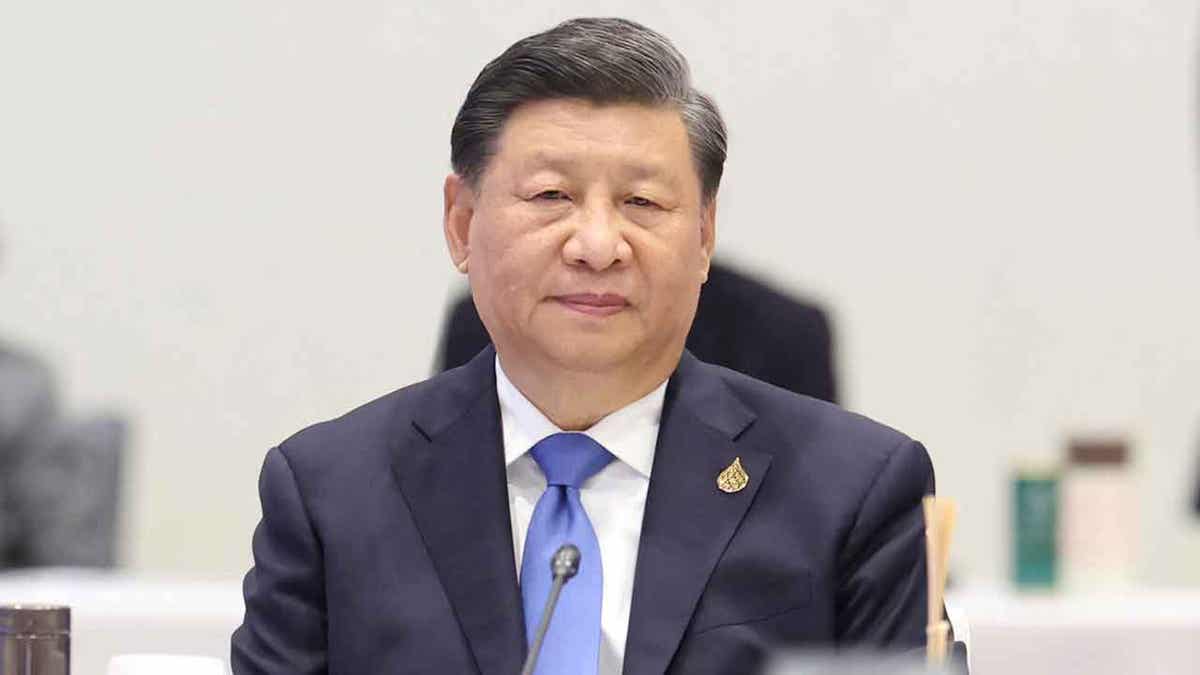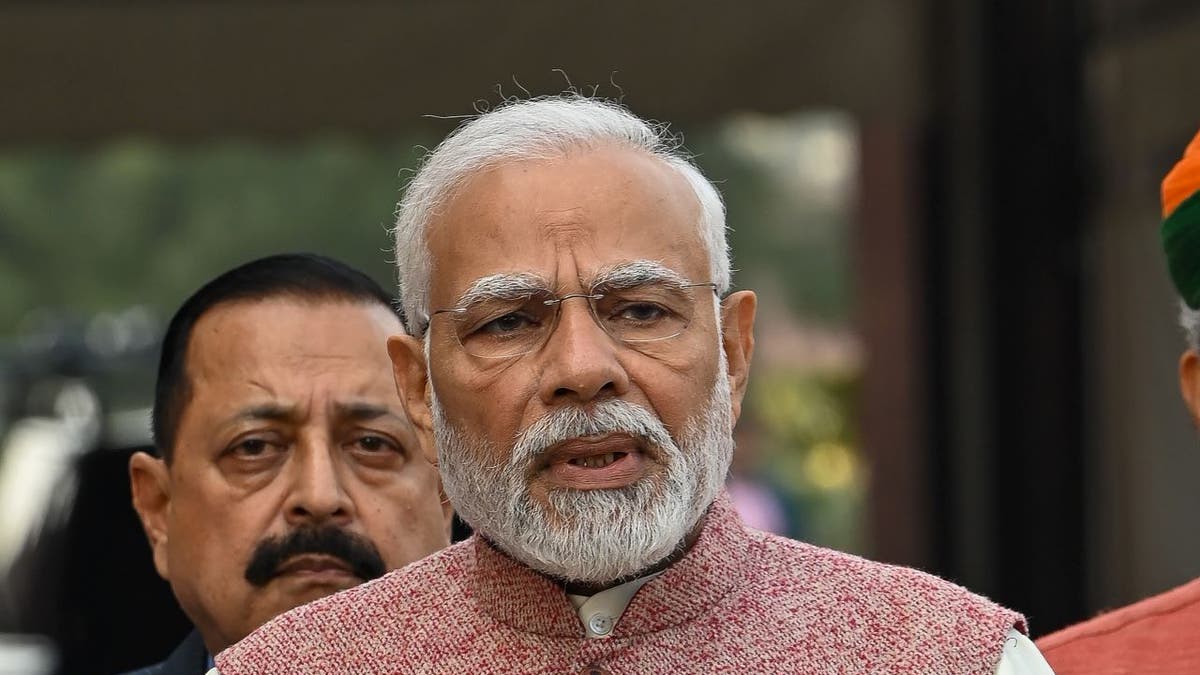Indian wedding dress reveal goes viral
See the reaction when an American woman reveals a traditional Indian wedding dress to her family and friends in Jaipur, India.
A report from the United Nations suggests that India will become the most populous nation in the world, surpassing China, in the next three months.
The United Nations report shows that India is expected to overtake China in terms of overall population by April and will have almost 1.7 billion people by 2050 compared to China’s expected 1.31 billion, Yahoo News reported.
If the report’s predictions hold true, China’s population in 2050 will be 8% smaller than it is today, which The Economist reports is due to China’s strict family planning rules that have contributed to a birth rate decline.
Meanwhile, India’s population is expected to provide more than a sixth of the increase of the world’s working-age population of 15- to 64-year-olds between now and 2050.

Chinese President Xi Jinping attends the Asia-Pacific Economic Cooperation Economic Leaders' Meeting in Bangkok, Thailand, Nov. 19, 2022. (Ju Peng/Xinhua via Getty Images)
About 1 in 4 of the 1.41 billion people in India are under the age of 15 and nearly half the population is under 25. Conversely, only a quarter of China’s 1.45 billion people are under 25.
"Most people think India's economy is still a fraction of what it could be in the future, which means there's so much promise," Dr. Audrey Truschke, an associate professor of South Asian History at Rutgers University, said to Yahoo News.
CHINA'S POPULATION EXPECTED TO DIP AHEAD OF 2025: OFFICIAL

Narendra Modi, India's prime minister, addresses the media at the Parliament House in New Delhi, India. (Prakash Singh/Bloomberg via Getty Images)
"The Indian subcontinent has always supported a robust human population. India has also long been compared to China, and they have for a long time traded with one another. So as much changes over the course of human history, that's something that recurs – both the dense population of the subcontinent, as well as the comparison with China."
India and China have been responsible for an estimated 35% of the world’s population growth since 1950.
CLICK HERE TO GET THE FOX NEWS APP

A man wearing a face mask shops for Chinese Lunar New Year decorations at a store in Beijing, Saturday, Jan. 7, 2023. (AP Photo/Andy Wong)
Certain areas of China have attempted to address the population decline, which Bloomberg reports is happening much faster than expected, by offering financial incentives for couples to have children.
"The measures taken to boost birth rates have been far too little and too late, and were completely overwhelmed by the impact of COVID-Zero on birth rates," Christopher Beddor, deputy China research director at Gavekal Dragonomics, said.
"The core issue is that there’s only so much policy can accomplish in this realm, because declining birth rates are driven by deep structural factors," Beddor added. "The leadership seems to have belatedly realized that those issues are very real and arriving very quickly."











































